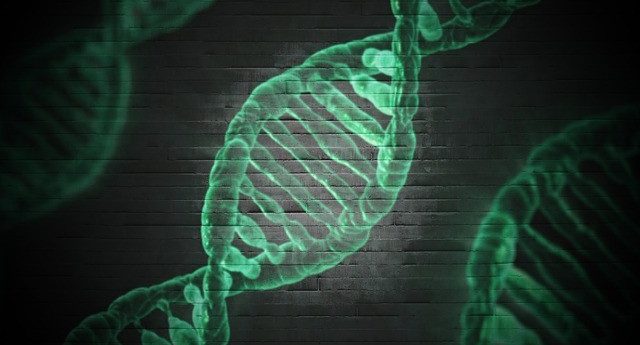DNA origami could help achieve rapid, more sensitive biomarker detection

Researchers from the University of Leeds (UK) have described a new biosensing platform for detecting biomarkers that makes use of DNA origami – folding of DNA molecules into specific nanostructures – and nanopores to enable individual biomarker detection. The technique could potentially help achieve earlier disease diagnosis and aid in the management of conditions including cystic fibrosis. Many current biosensing methods for detecting biomarkers, such as enzyme-linked immunosorbent assays, rely on ‘ensemble averaging’, requiring relatively large numbers of biomarker molecules to be present and interact with the sensor in order for a signal to be produced. In new research, published...
